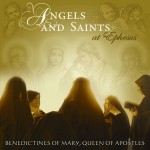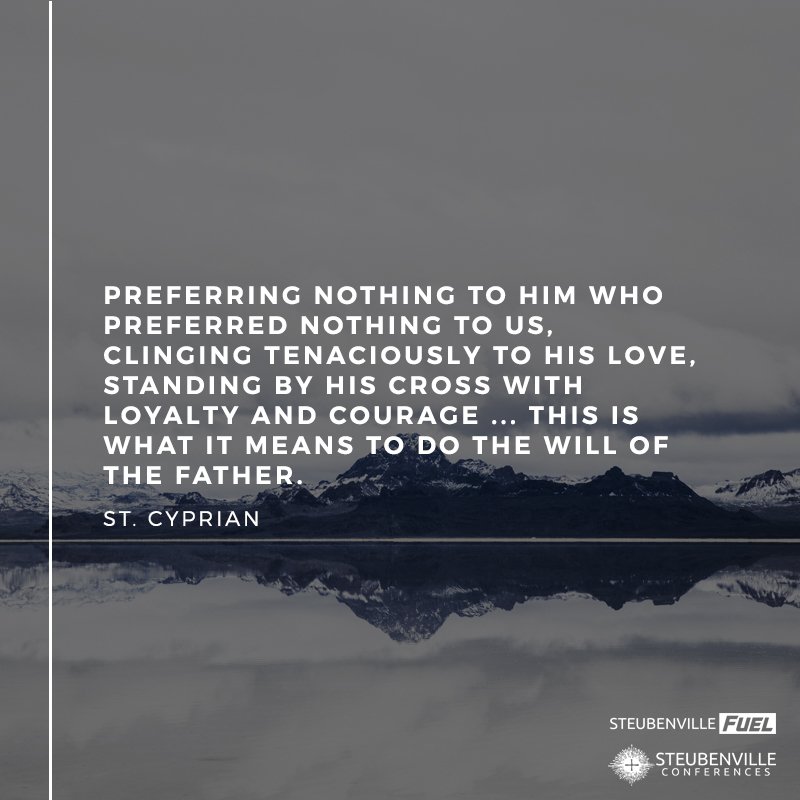Colleen Carroll Campbell wrote a beautiful book called My Sisters, the Saints (we talk about it here). In it she walked through how some blessed women have made themselves known to her through the struggles of her life. In Pope Francis’ latest interview, he writes a pitch for his My Brothers, the Saints.
There is Paul, and Francis, Augustine and Benedict and Thomas Aquinas:
Can I ask you, Your Holiness, which saints you feel closest to in your soul, those who have shaped your religious experience?
“St. Paul is the one who laid down the cornerstones of our religion and our creed. You cannot be a conscious Christian without St. Paul. He translated the teachings of Christ into a doctrinal structure that, even with the additions of a vast number of thinkers, theologians and pastors, has resisted and still exists after two thousand years. Then there are Augustine, Benedict and Thomas and Ignatius. Naturally Francis. Do I need to explain why?”…
… you explained the importance of Paul and the role he played, but I want to know which of those you named feels closer to your soul?
“You’re asking me for a ranking, but classifications are for sports or things like that. I could tell you the name of the best footballers in Argentina. But the saints…”They say joke with knaves, you know the proverb?
“Exactly. But I’m not trying to avoid your question, because you didn’t ask me for ranking of their cultural and religious importance but who is closest to my soul. So I’d say: Augustine and Francis.”… we were talking about the saints that you feel closest to your soul and we were left with Augustine. Will you tell me why you feel very close to him?
“Even for my predecessor Augustine is a reference point. That saint went through many vicissitudes in his life and changed his doctrinal position several times. He also had harsh words for the Jews, which I never shared. He wrote many books and what I think is most revealing of his intellectual and spiritual intimacy are the “Confessions”, which also contain some manifestations of mysticism, but he is not, as many would argue, a continuation of Paul. Indeed, he sees the Church and the faith in very different ways than Paul, perhaps four centuries passed between one and the other. ”What is the difference, Your Holiness?
“For me it lies in two substantial aspects. Augustine feels powerless in the face of the immensity of God and the tasks that a Christian and a bishop has to fulfill. In fact he was by no means powerless, but he felt that his soul was always less than he wanted and needed it to be. And then the grace dispensed by the Lord as a basic element of faith. Of life. Of the meaning of life. Someone who is not touched by grace may be a person without blemish and without fear, as they say, but he will never be like a person who has touched grace. This is Augustine’s insight.”
…And Francis?
“He’s great because he is everything. He is a man who wants to do things, wants to build, he founded an order and its rules, he is an itinerant and a missionary, a poet and a prophet, he is mystical. He found evil in himself and rooted it out. He loves nature, animals, the blade of grass on the lawn and the birds flying in the sky. But above all he loved people, children, old people, women. He is the most shining example of that agape we talked about earlier.”
In this latest interview as well as in the interview that appeared in America, Pope Francis talks in very honest ways about mysticism and his experience of it, which I think will resonate to a world that largely finds that foreign. Interestingly, St. Ignatius Loyola is not his go-to saint, though obviously a fundamental part of his priestly identity. If you’re interested, do read it.
It’s fascinating. I wouldn’t be scared. I know people are. These aren’t encyclicals. He’s trying to walk with us and help us invite people into the life of real Christianity and the communion of saints! And that’s glorious.
I write more about this pope’s evangelical point here (and some of the impoverished ways we receive it). I also write more on the pope’s latest interview here.












